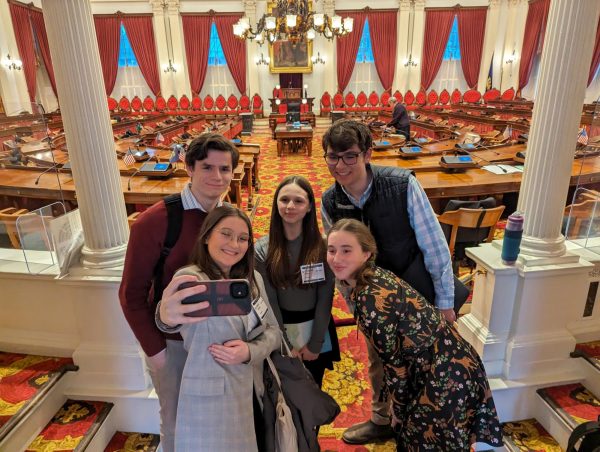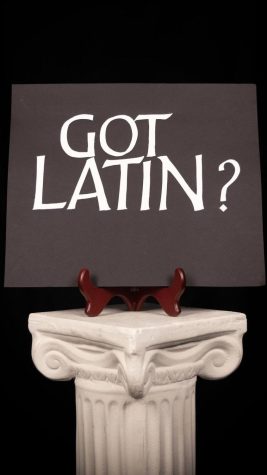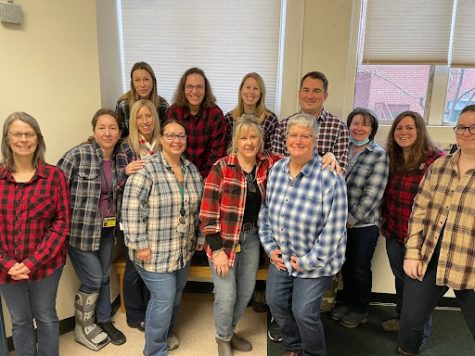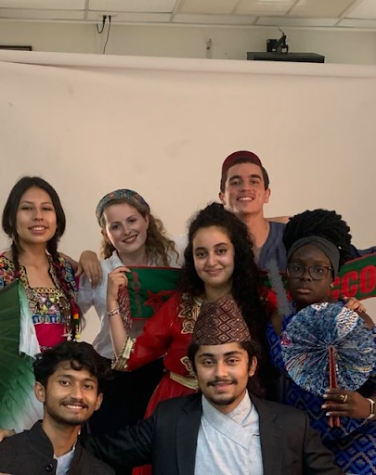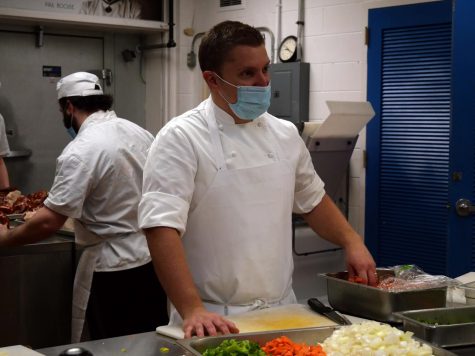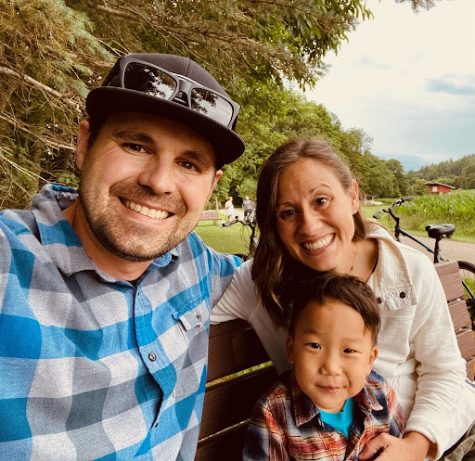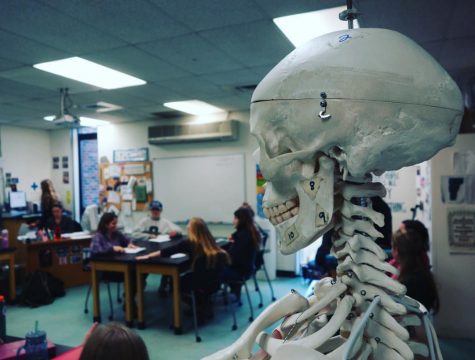In depth on the students learning
December 30, 2015
As education moves forward into the future, many students are seeking to learn at their own pace and about their own interests. BFA offers a number of opportunities for students who do not tend to thrive in a traditional classroom.
Designing an “independent study” is an option some motivated students choose. The students who choose independent studies are those who want to learn about something on a different, usually higher level, and often on their own.
Regardless of the teacher or subject the students have to come up with a planned curriculum, or learning goals, for themselves to complete corresponding with their subject. These students have to meet up with their guidance counselor, and a teacher who is knowledgeable about what they are interested in. They then write a plan for what is to be learned, and how, forming a curriculum in the subject. Once this is completed, it must be approved by Ms. Warden, assistant principal at BFA.
These classes are graded by the supervising teacher and credit is awarded depending on how much time is spent on the course. Right now there are five independent study students at BFA. They are studying Spanish IV, biomimicry, studio art, mentoring and information technology.
Peter Chesarek (‘16) designed a course for himself last year, learning how to use Adobe Suite, under the supervision of the IT department. “It’s a different feel from a regular class. It allows you to take hold of your education and design a course you are interested in if the school doesn’t offer it,” Chesarek said.
Chesarek first developed an interest in computers his sophomore year, when he took a two semester class in computer networking at the Tech Center with Mr. Bell. When he realized the school didn’t offer a class to continue in his area of interest, he talked to Mr. Cooledge about possibilities. The first efforts were “shoot and miss,” Chesarek said. He worked with Cooledge and Mr. Davis, a member of the IT department, to advise him with options. “I needed to see where I wanted to go with the program. I was in control,” Chesarek said. The independent study class in his junior year was successful and he chose to create another independent study class this year to further pursue his interest in computers.
Preston Randall, Director of Guidance at BFA, is knowledgeable about the many options for more self-directed study available to BFA students. The school offers access to VHS (Virtual High School) classes. These are online, with a set curriculum, and are taught by a teacher on-line.
Many of the students taking the VHS courses at BFA are seeking high level knowledge.
“Often times, these accelerated students fall behind or are subject to learn at a slower pace –forced to proceed with the same speed as the rest of their classmates. Left unchallenged, their lack of motivation puts them in danger of becoming the “Other Child Left Behind” – highly intelligent students who neglect their studies or fail their courses.” (http://thevhscollaborative.org/)
The VHS teachers are from all over the world, and students in the courses also come from all over the world. This is a great chance for BFA students to interact with students from all over, in on-line discussions and posts that are often a significant part of the online class experience. There are actually some BFA teachers, including Mr. Cioffi and Mrs. Bettinger, who have created, and teach, online VHS classes.
And there are other options in addition to independent studies and online curriculum like VHS, and some of these are utilized at BFA for a different kind of student. Plato is an online curriculum used at BFA primarily for credit recovery. “Plato Courseware is a standards-based online learning program grounded in a tradition of solid research, sound pedagogy, and applied innovation. We develop rigorous, relevant curriculum that challenges your students . . . “ (www.edmentum.com/) These courses focus on proficiencies and do not have a teacher. Penelope Gratton, tutor at BFA, is in charge of helping students succeed in these courses, so they can earn the credits necessary to complete their BFA education.
Right now, students are making up courses in social studies, English, math, science and other academic areas. In this type of curriculum, students can test out of activities if they pass a pre-test given before each unit. If students wish to complete one of these courses quickly, they can work on it any time, in school or at home. On the other hand, if students do not complete the work in a semester or school year, the course can be carried over.
So, if the regular BFA Course of Studies does not offer something that you really want to learn, you can start by talking to a teacher in that general subject area. If that does not work out, get in and schedule an appointment with your guidance counselor. Especially if you are responsible and independent in your learning, one of these options could be right for you.

